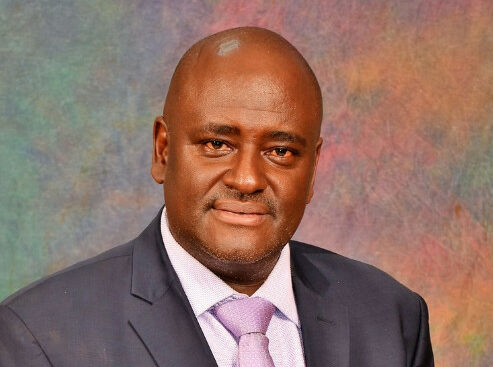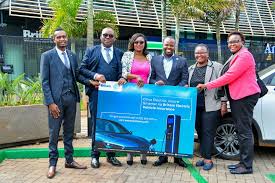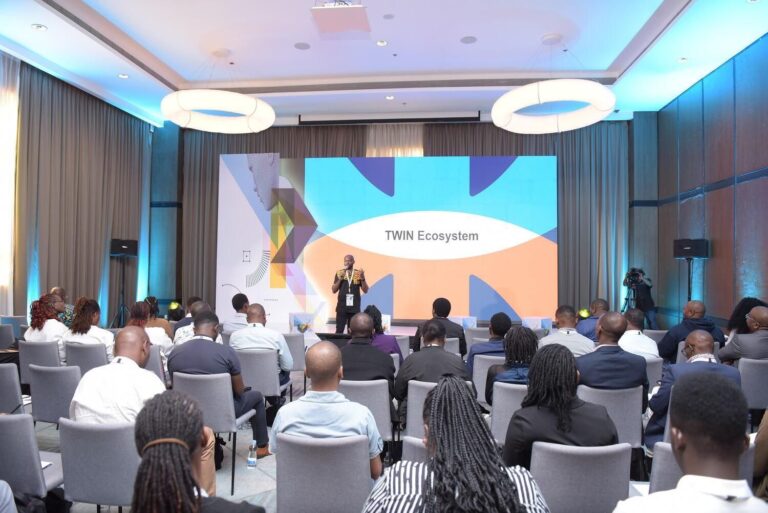EV Explorers Unveils Kenya’s First Electric Rhino Charge Vehicle
EV Explorers has become the first team to enter a zero-emissions electric vehicle into the Rhino Charge, an annual off-road 4×4 competition, marking a significant step forward for sustainable mobility in Kenya.
The initiative demonstrates the potential of electric vehicles (EVs) to perform in extreme off-road conditions while supporting environmental conservation efforts led by the Rhino Ark Charitable Trust.
The electric entry represents a first in the Rhino Charge’s 35-year history. Organizers and participants say the inclusion of an EV highlights a growing interest in climate-smart technologies across sectors. The Rhino Charge is an annual off-road motorsport event that raises funds for conservation. Since its inception, the event has raised over $18.56 million (KES 2.4 billion), contributing to the construction of 780 kilometres of electric fencing that protects more than 80,000 families from human-wildlife conflict.
According to the Energy and Petroleum Regulatory Authority (EPRA), electric mobility is gaining momentum in Kenya, driven by favourable policies, reduced operating costs, and increased environmental awareness. Recent interventions include a special e-mobility electricity tariff, reduction of excise duty on EVs from 20 per cent to 10 per cent, and exemption of fully electric vehicles from Value Added Tax (VAT).
Speaking at the launch, EV Explorers team leader Richard Kiplagat said the team aimed to demonstrate the link between climate action and conservation. Engineer Nick Foley added that proving EV viability in rugged conditions could inspire further innovation in sustainable transport technologies.
The project is supported by multiple organizations, including Africa Practice, Base Titanium, Valar, KenGen, KCB, Gulf Energy, Maxxis, Safaricom, Lake Turkana Wind Power Project, Africa Bridge Fund, and Axum. Rhino Ark’s Deputy Executive Director, Gloria Waswa, noted that the introduction of an EV aligns with the Rhino Charge’s ethos of adaptation and innovation.
Government efforts to promote electric mobility include the Kenya National Energy Efficiency and Conservation Strategy (2020), which targets a 5per cent annual increase in EV imports. Kenya also signed the COP26 declaration to support the global transition to zero-emission vehicles.
The appearance of an electric vehicle in the Rhino Charge marks a new chapter in Kenya’s clean transport ambitions and may influence future approaches to conservation, mobility, and infrastructure development.








